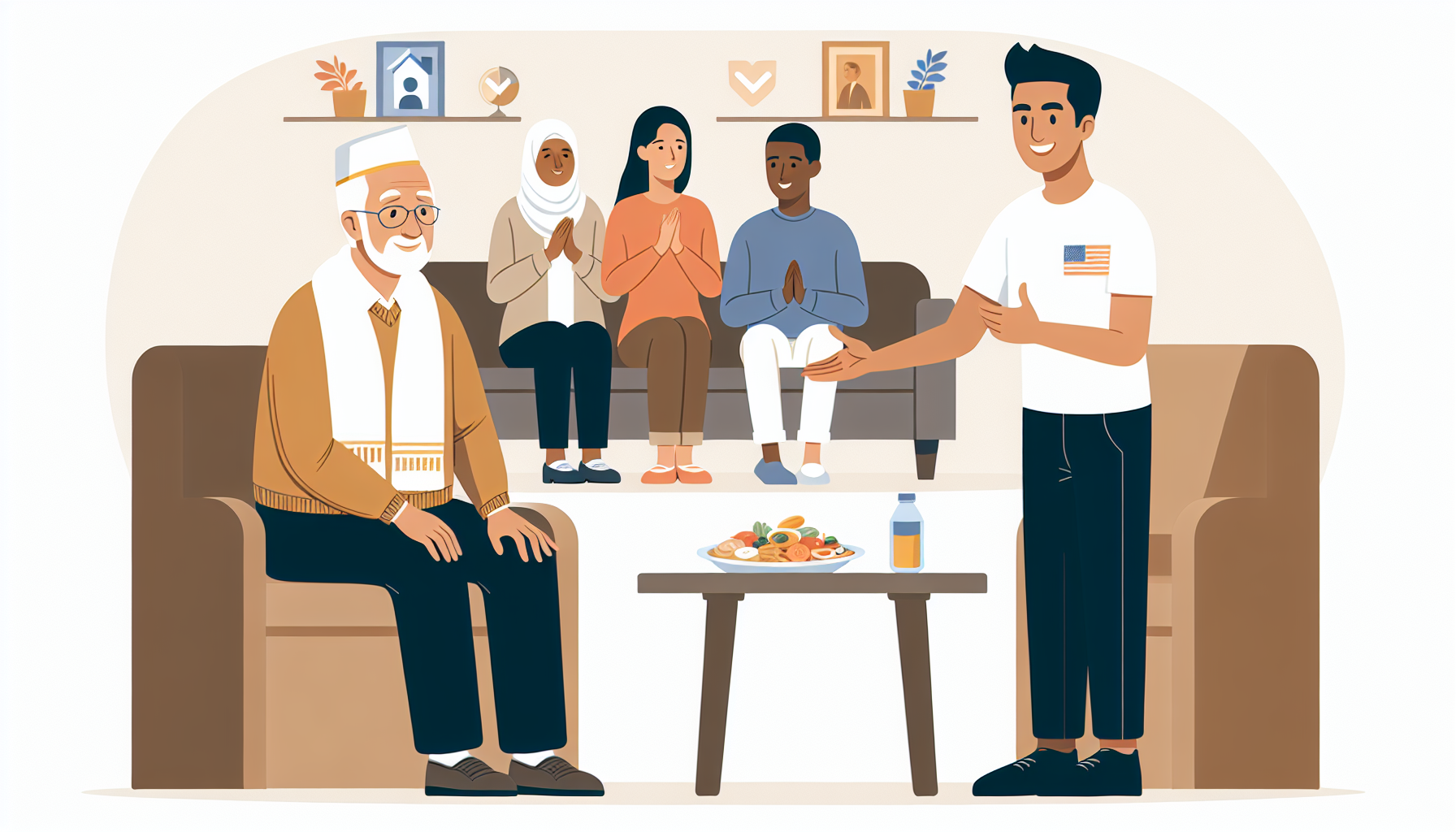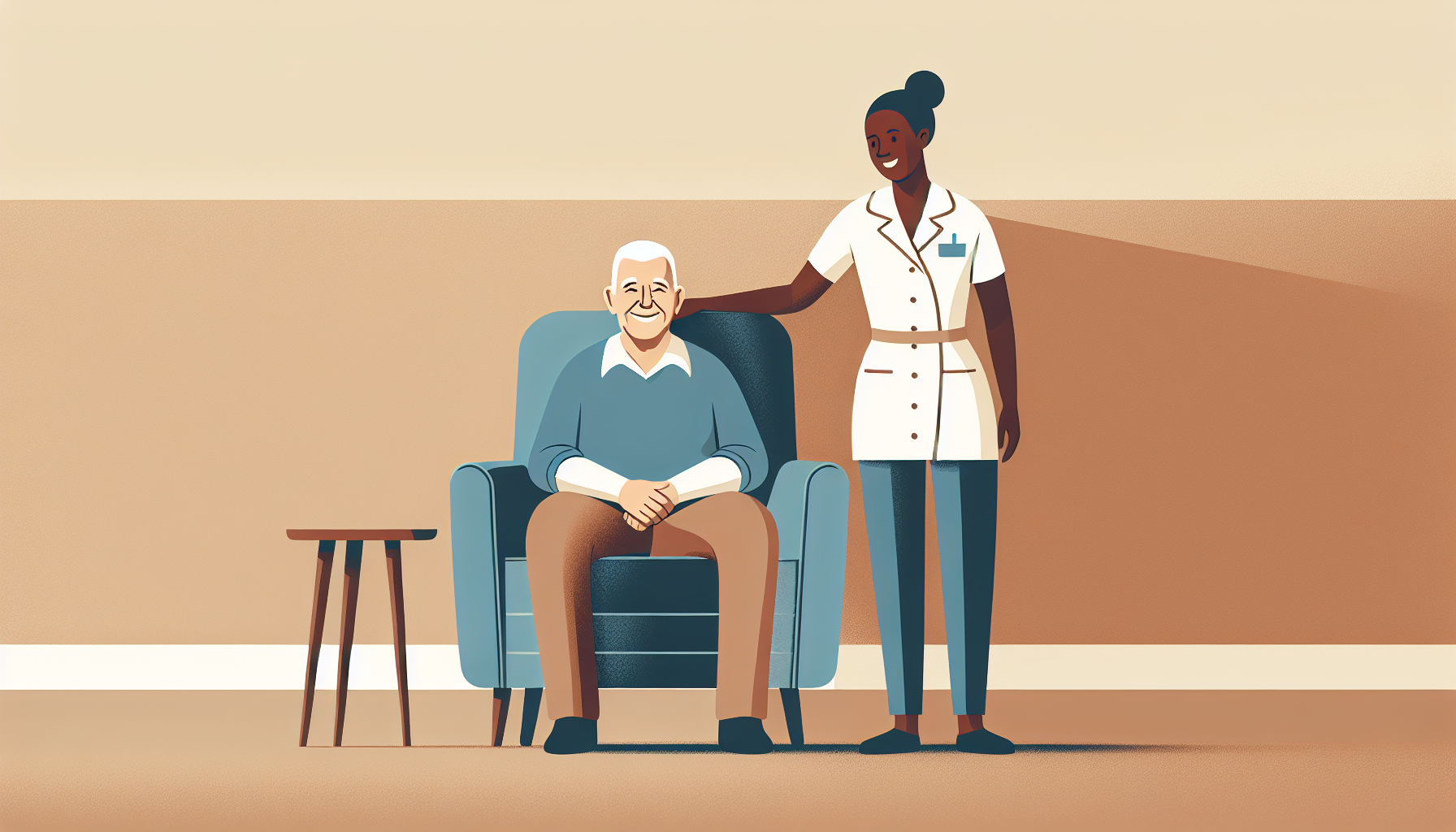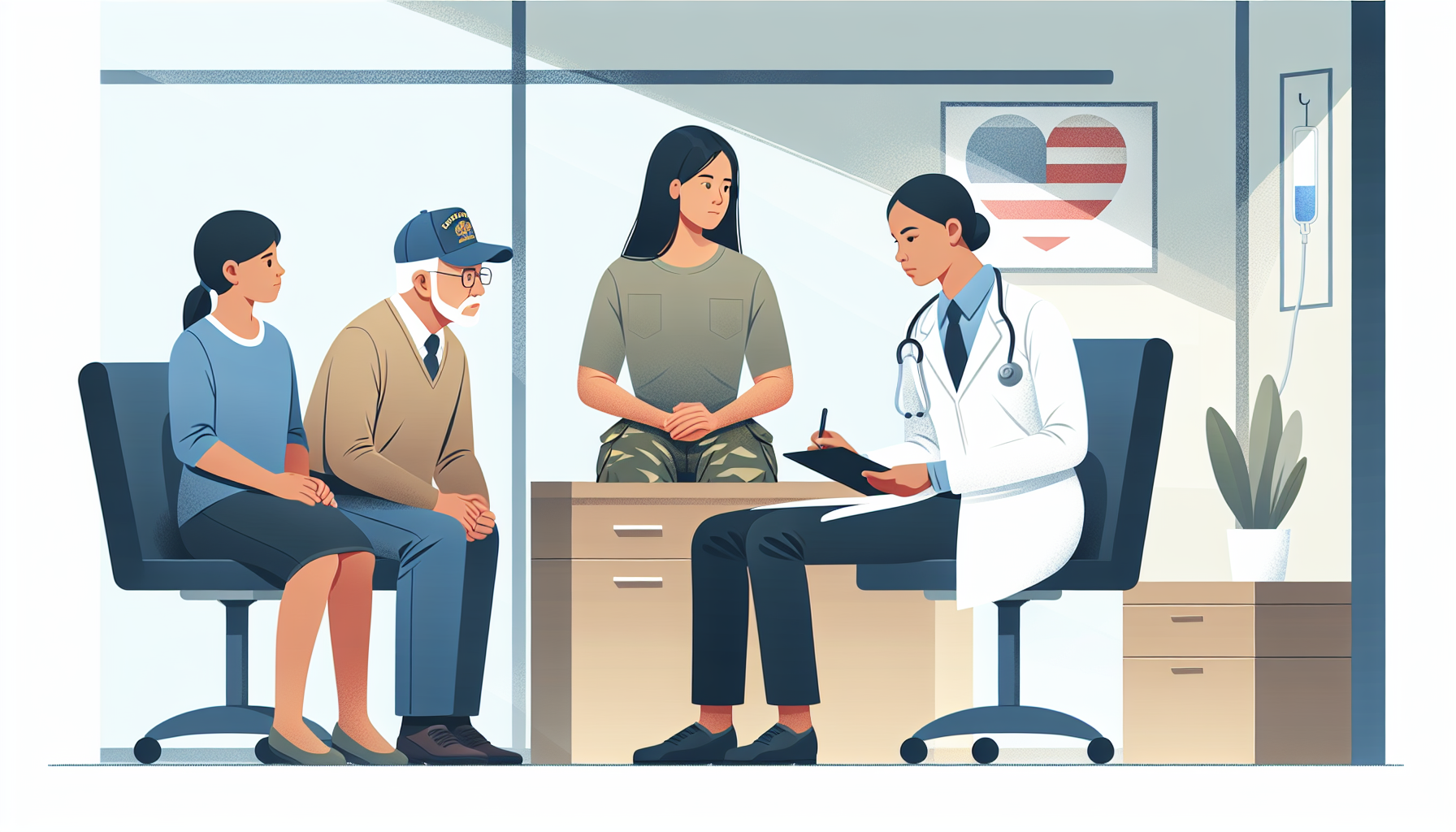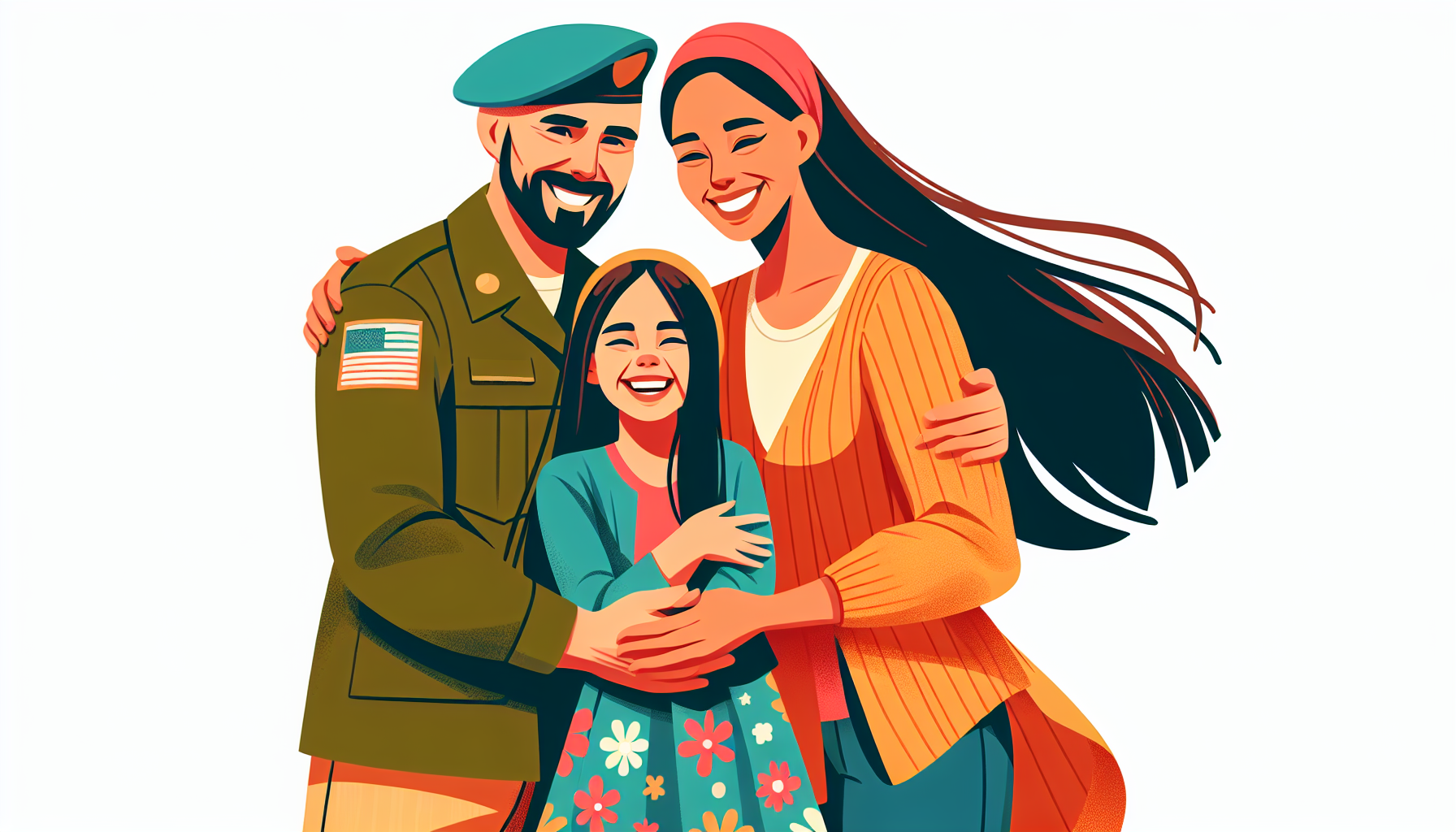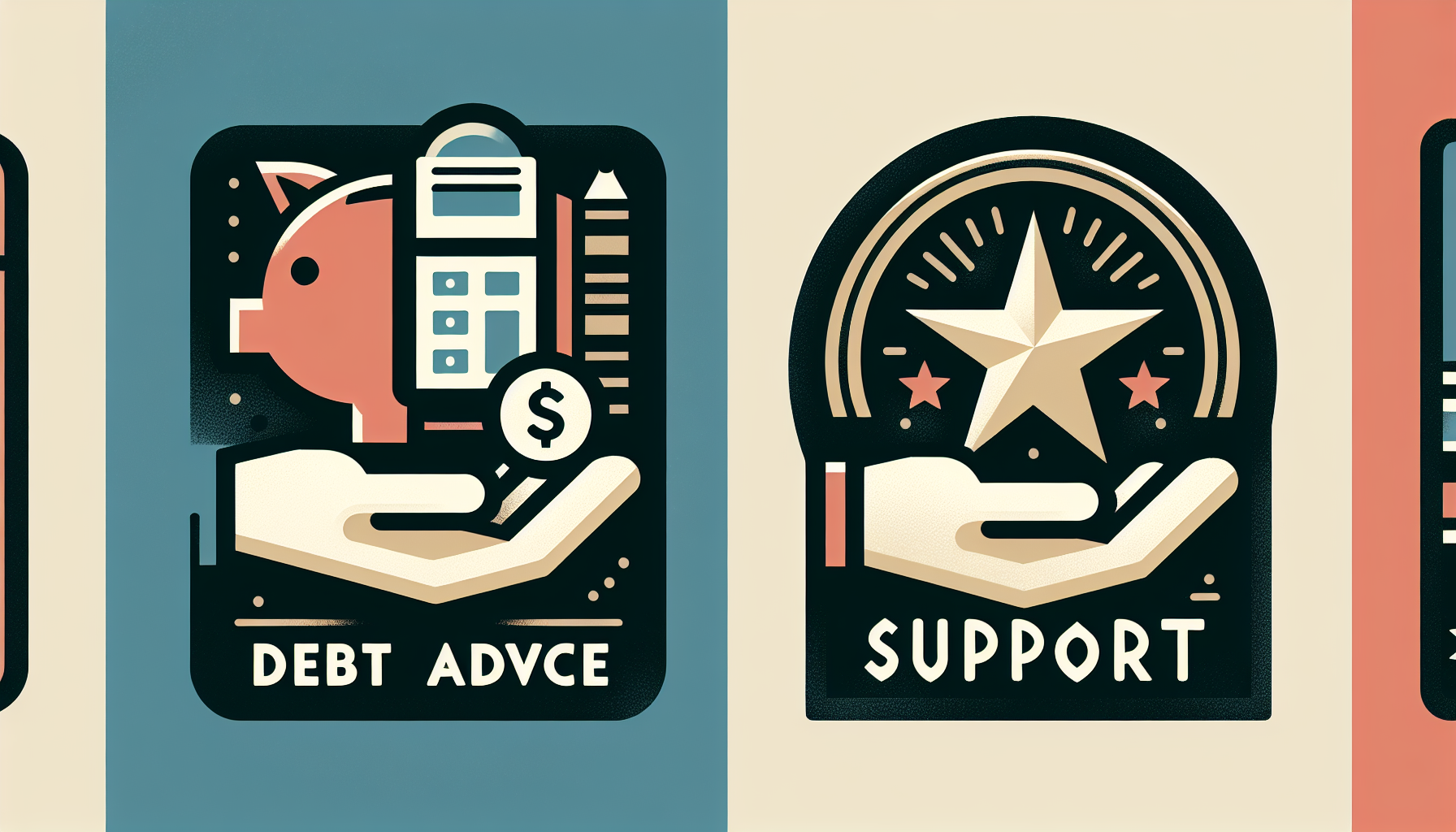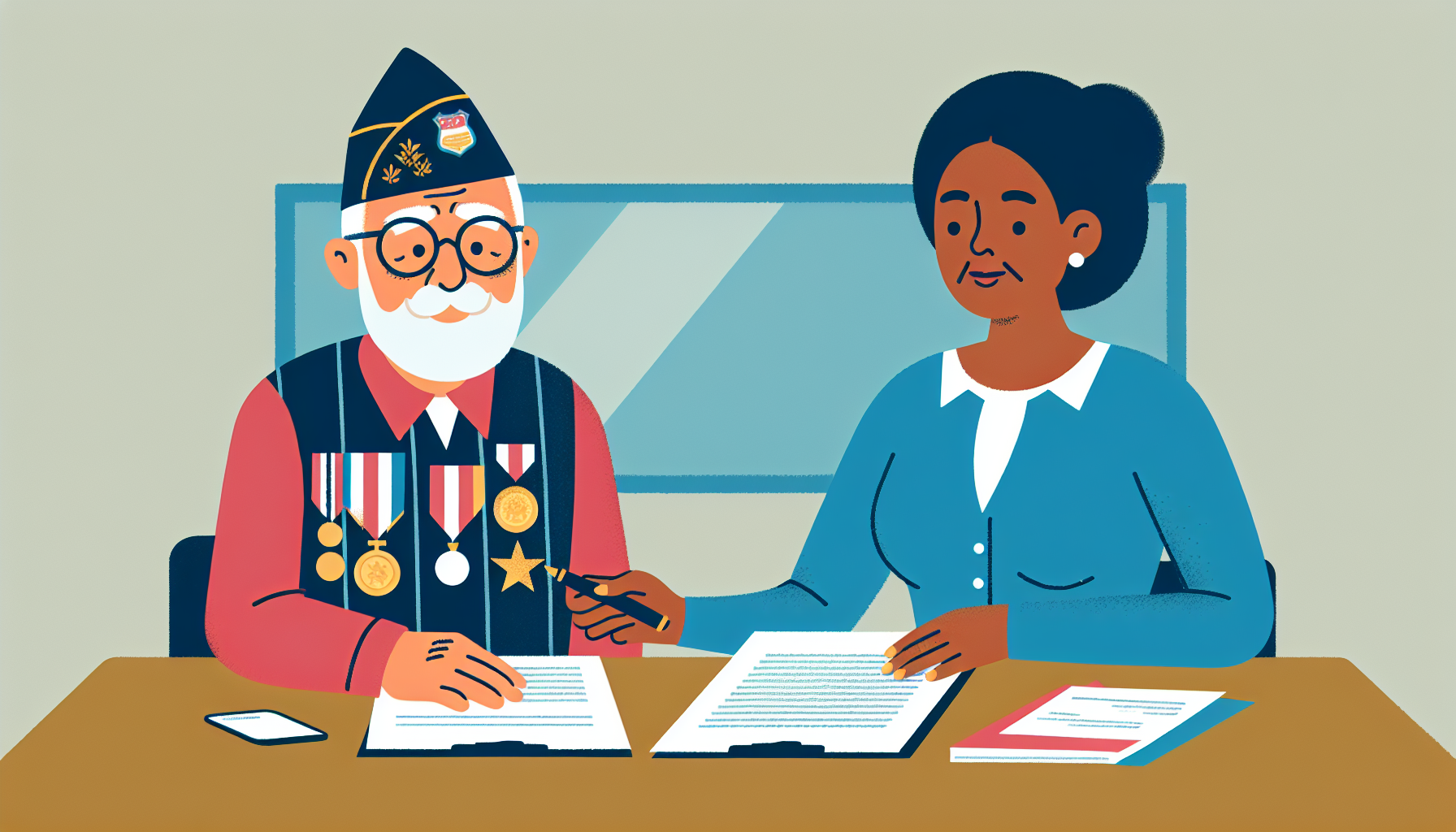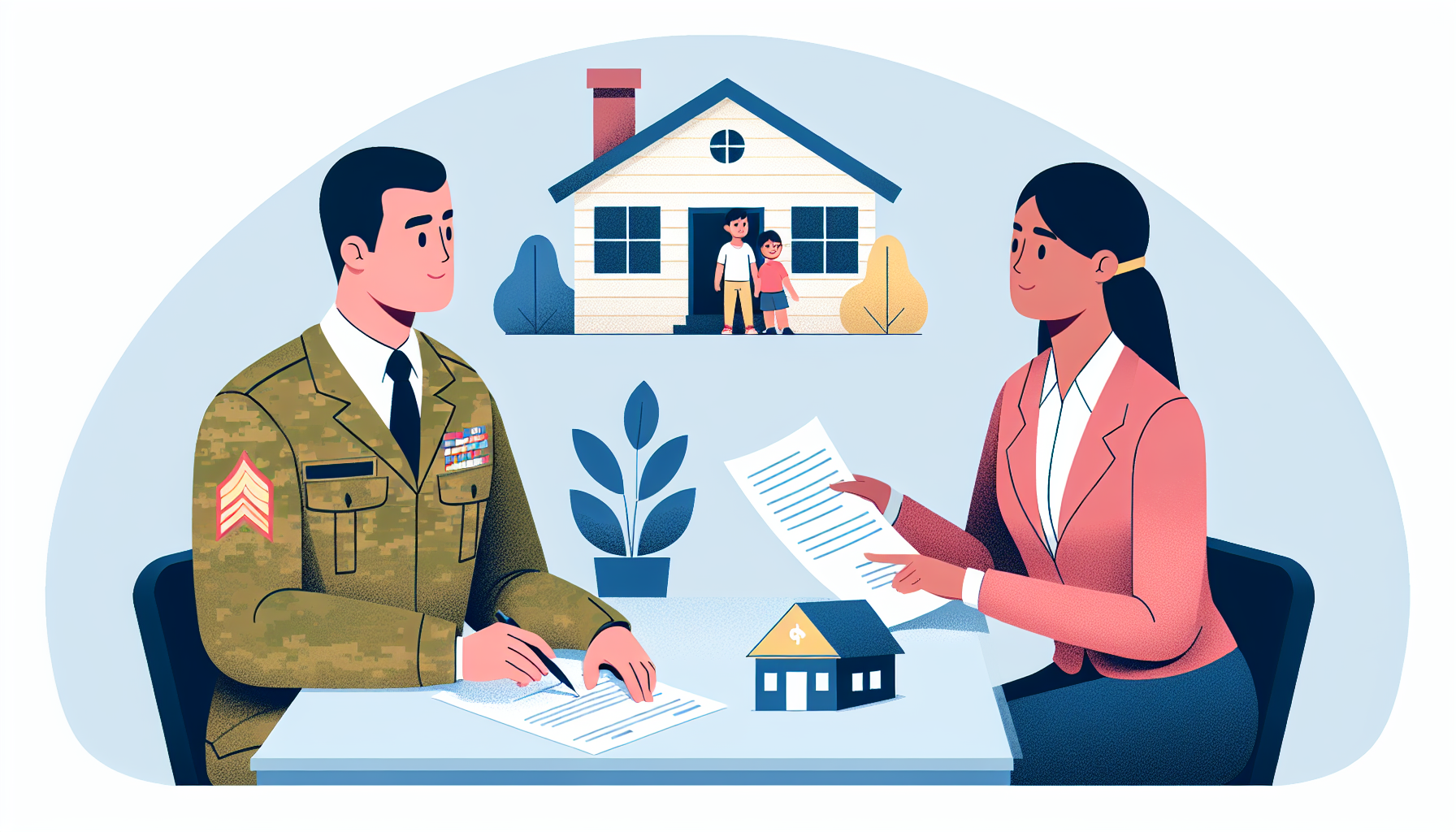Definition
VA benefits refer to various types of support, compensation, and assistance provided by the United States Department of Veterans Affairs (VA) to eligible veterans, their families, and survivors. These benefits aim to enhance veterans’ quality of life through services such as healthcare, education, housing assistance, and disability compensation. The specific eligibility criteria and types of VA benefits vary, depending on factors like military service, disability, income, and other circumstances.
Key Takeaways
- VA Benefits are a range of financial, healthcare, and support services provided by the United States Department of Veterans Affairs for veterans, their dependents, and survivors.
- Some key types of VA Benefits include healthcare, disability compensation, pensions, education and training, employment assistance, and home loans.
- Eligibility for VA Benefits typically depends on factors such as military service duration, character of discharge, and status as a wartime or peacetime veteran or surviving spouse/dependent.
Importance
The term “VA Benefits” is important because it encompasses a wide range of crucial financial, healthcare, and support services provided by the U.S.
Department of Veterans Affairs to eligible U.S.
military veterans and their families.
These benefits are aimed at improving the lives of veterans and acknowledging their dedication and sacrifices made for the country.
By offering services such as disability compensation, pension plans, education and training programs, healthcare, insurance, home loan guarantees, and burial benefits, VA Benefits not only provide essential financial support but also assist veterans in their transition to civilian life, promoting employment opportunities and ensuring their overall well-being.
Explanation
The primary purpose of VA Benefits is to provide comprehensive support and assistance to U.S. veterans and their families in recognition of their service to the country.
These benefits play a crucial role in ensuring the welfare of veterans by addressing their various needs, ranging from financial, healthcare, employment, to educational support. With this system in place, the government aims to honor the commitment and sacrifices made by military personnel, who have fought to preserve freedom and protect the nation.
VA Benefits are utilized in several ways, catering to the unique requirements of veterans based on their specific situations and needs. Through the provision of programs like disability compensation, pension, healthcare, educational assistance under the GI Bill, home loans, and vocational rehabilitation, VA Benefits ultimately strive for the successful reintegration of veterans and their families into society.
By making resources and opportunities available, the government aims to alleviate potential hardships faced by veterans upon their return to civilian life, ensuring a smooth transition and empowering them to lead fulfilling, purposeful lives after their military service.
Examples of VA Benefits
Education and Training Benefits: The Post-9/11 GI Bill is a VA Benefit that provides financial assistance for service members and veterans to pursue higher education. For example, a participant pursuing higher education under this GI Bill can receive tuition funding, a housing allowance, and a stipend for books and supplies. This supports their academic and personal growth and allows them to develop skills for civilian careers after military service.
Disability Compensation: A veteran who has a service-connected disability, such as an injury sustained in combat or a chronic illness that emerged during their military service, can receive monetary compensation from the VA. This benefit helps offset the financial burden of medical expenses and serves to compensate veterans for loss of working capacity due to their disability. For example, a veteran with a 70% disability rating might receive a monthly payment to support their living and care costs.
Home Loan Guaranty: The VA Home Loan program provides guarantees on loans for eligible veterans, service members, and surviving spouses to purchase, build, or refinance a home. This VA Benefit helps veterans secure a home loan with favorable interest rates and terms, without requiring a down payment or private mortgage insurance. For example, a veteran using the VA Home Loan Guaranty can purchase a home worth $300,000 with a zero down payment, potentially saving them tens of thousands of dollars upfront compared to a conventional mortgage.
VA Benefits FAQ
What are VA benefits?
VA benefits are a variety of assistance programs and services offered by the U.S. Department of Veterans Affairs (VA) to eligible veterans, service members, and their families. These benefits include healthcare, education and training, disability compensation, home loans, life insurance, vocational rehabilitation, survivor support, and more.
Who is eligible for VA benefits?
Veterans discharged from active military service under honorable conditions, service members released from active duty due to a disability, current members of the military, and certain family members of eligible veterans may qualify for VA benefits. Eligibility varies depending on the specific benefit program and individual circumstances.
How do I apply for VA benefits?
To apply for VA benefits, you can visit the VA website, your nearest VA regional office, or call the VA Benefits Helpline at 1-800-827-1000. Additionally, you may use the eBenefits portal, a joint VA and Department of Defense online platform, to apply for some benefits.
What healthcare benefits are available to veterans?
Eligible veterans can receive a range of healthcare services, including primary care, specialty care, mental health care, telehealth, dental care, and prescription medications as part of the VA healthcare system. The scope of healthcare benefits may differ depending on the individual’s length of service, duty status, and other factors.
What education benefits can I receive through the VA?
Various education and training benefits are available, including the Post-9/11 GI Bill, Montgomery GI Bill, Veterans Educational Assistance Program (VEAP), and Vocational Rehabilitation and Employment (VR&E). These programs can help pay for tuition, housing, textbooks, and other education-related costs depending on the level of eligibility.
How does the VA home loan program work?
The VA home loan program assists eligible veterans, active-duty service members, and some surviving spouses in purchasing, building, or repairing a home. With the backing of a VA guaranty, lenders may offer more favorable terms, such as lower interest rates, no down payment requirements, and no private mortgage insurance.
Can I receive VA benefits for a service-related disability?
If you have a disability that resulted from an injury or illness that occurred or got worse during active military service, you may qualify for VA disability compensation. The amount of compensation depends on the severity of the disability and varies from a 0% to 100% disability rating, with higher ratings receiving more monthly compensation.
Related VA Benefit Terms
- GI Bill
- Veterans Health Care
- Disability Compensation
- VA Home Loan Guaranty
- VA Pension
Sources for More Information
- U.S. Department of Veterans Affairs (VA)
- eBenefits – VA Benefits Portal
- Veterans Advantage, Inc.
- National Resource Directory (NRD)
 Benefits.com Advisors
Benefits.com Advisors
With expertise spanning local, state, and federal benefit programs, our team is dedicated to guiding individuals towards the perfect program tailored to their unique circumstances.
Rise to the top with Peak Benefits!
Join our Peak Benefits Newsletter for the latest news, resources, and offers on all things government benefits.















